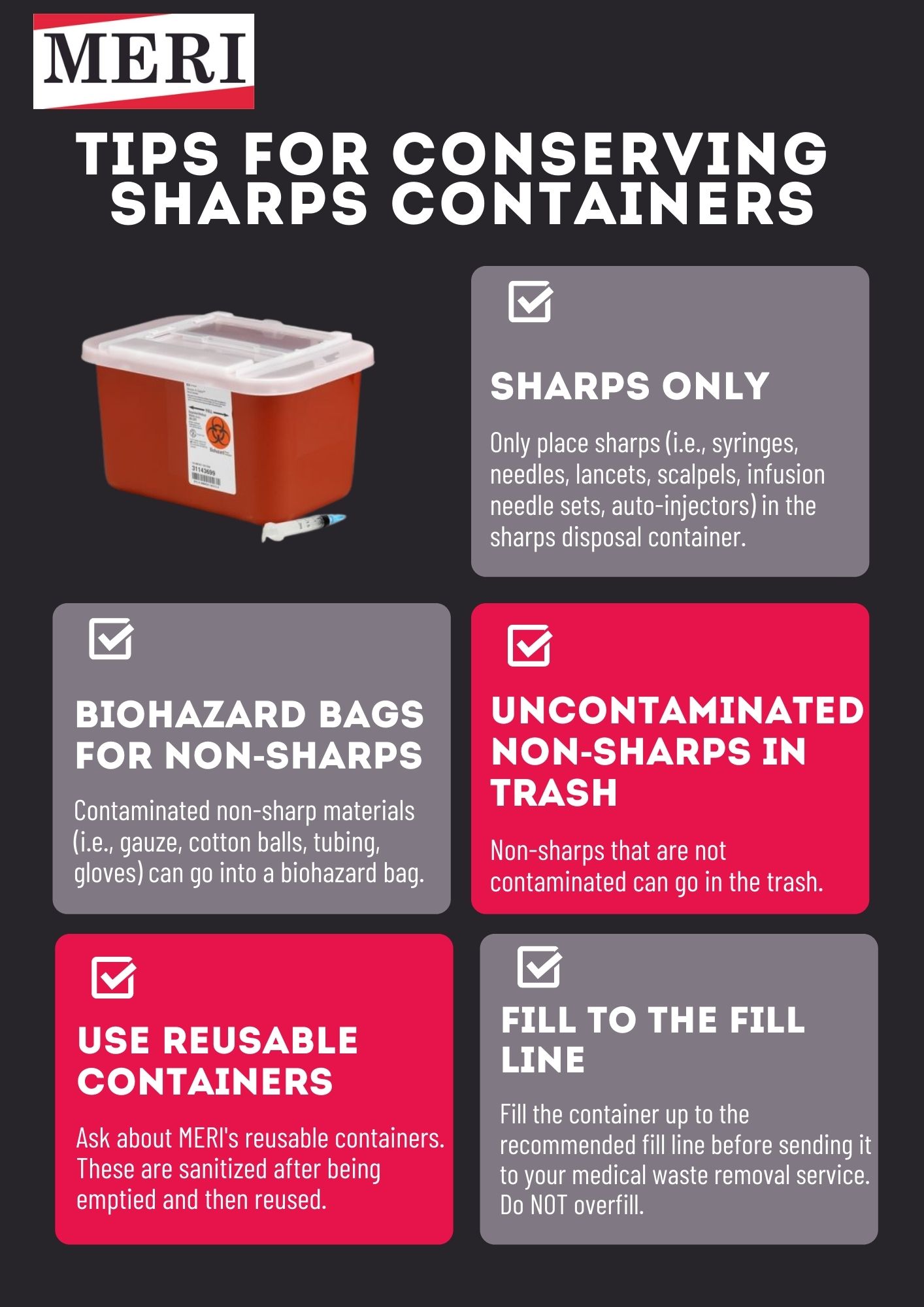Professional Solutions for Health And Wellness: Introducing the Medical Waste Removal Service Benefit
Professional Solutions for Health And Wellness: Introducing the Medical Waste Removal Service Benefit
Blog Article
Recognizing the Different Types of Garbage Disposal Strategies
In the realm of waste management, the variety of disposal strategies readily available today is large and varied, each technique offering a distinctive purpose in dealing with the difficulty of garbage disposal. click here. From recycling approaches that aim to give brand-new life to products, to the detailed processes of harmful waste monitoring, the landscape of waste disposal is complex yet vital for ecological sustainability. Understanding the nuances of these different methods not just clarifies the relevance of responsible waste management but likewise triggers us to reconsider our strategy in the direction of garbage disposal in a swiftly evolving world

Recycling Approaches
Reusing methods are crucial for lasting waste administration practices in both industrial and household settings. medical waste removal. By applying effective recycling techniques, a substantial amount of waste can be drawn away from garbage dumps, conserving all-natural resources and minimizing the environmental influence of production procedures
In domestic locations, curbside recycling programs play an important duty in encouraging houses to separate recyclable products from general waste. Products such as paper, plastics, glass, and steels can be sorted and gathered for handling into brand-new products, minimizing the need for basic materials and energy-intensive production processes.
Industrial centers also count on reusing methods to lessen waste generation and advertise a circular economic situation. By implementing closed-loop systems, services can recycle materials within their production procedures, reducing expenses and ecological impact. medical waste removal service. In addition, commercial recycling programs frequently include collaborations with specialized recycling facilities to guarantee that products are effectively sorted, processed, and reintegrated into the supply chain
Composting Methods

Aerated static heap composting includes mixing natural waste materials in a huge stack and frequently turning it to make sure appropriate oygenation. This technique is efficient for large composting operations. On the various other hand, vermicomposting uses earthworms to damage down organic matter right into nutrient-rich castings. This method is well-suited for smaller-scale procedures and homes.
In-vessel composting involves putting natural waste in a shut container with controlled conditions for temperature and oygenation. Windrow composting consists of creating long rows of organic waste and frequently transforming them to advertise disintegration - medical waste removal service.
Land Fill Disposal
Garbage dump disposal is a commonly utilized approach for taking care of waste that can not be reused or composted. Methane gas, a by-product of breaking down organic waste in landfills, is often accumulated and made use of as a resource of sustainable power. Efforts to reduce dependence on garbage dumps include promoting waste decrease, recycling, and exploring alternative waste disposal approaches to lessen the environmental footprint linked with standard landfill disposal techniques.

Waste-to-Energy Incineration
Incineration of waste for energy generation is an approach increasingly being considered as an option to traditional garbage dump disposal strategies. Waste-to-energy incineration involves the combustion of waste products at high temperature levels, usually in specialized centers designed to generate electrical energy or warmth through the process - click here. This technique not only lowers the volume of waste that would or else be predestined for landfills however additionally utilizes the warm generated during incineration to produce power
Among the key advantages of waste-to-energy incineration is its capacity to create electrical power while lessening the ecological impact compared to traditional land fill disposal approaches. By converting waste into energy, this technique aids in lowering greenhouse gas emissions and reliance on nonrenewable fuel sources for energy generation. Furthermore, waste-to-energy centers are outfitted with advanced air pollution control technologies to reduce possible toxic wastes released during the combustion process.
Hazardous Waste Management

Thinking about the important value of accountable waste administration practices, particularly in the realm of ecological sustainability, the emphasis now shifts in the direction of the detailed domain name of Hazardous Waste Management. Hazardous waste postures substantial dangers to both human health and wellness and the environment, demanding specific handling and disposal methods. Common instances of contaminated materials include chemicals, batteries, chemicals, and digital waste.
Contaminated materials Management entails the identification, collection, transport, therapy, and disposal of materials regarded dangerous or potentially unsafe. This procedure requires adherence to rigorous policies and standards to alleviate adverse influences on communities and public health. Different methods are utilized in managing contaminated materials, including recycling, safe landfills, encapsulation, and chemical therapy.
Proper Harmful Waste Management is vital for avoiding contamination of dirt, water resources, and air contamination. It is vital for sectors, labs, medical care facilities, and other generators of contaminated materials to execute durable monitoring techniques, training programs, and emergency situation response plans to make sure the secure handling and disposal of these materials. Failure to take care of hazardous waste properly can have far-ranging effects, emphasizing the value of thorough and liable practices in this area.
Verdict
To conclude, waste disposal methods play a critical role in managing and reducing the effect of waste on the setting. From reusing and composting to land fill disposal and waste-to-energy incineration, each method has its own benefits and limitations. Appropriate administration of harmful waste is additionally important to protect public health and the environment. It is essential for industries and individuals to understand the various garbage disposal strategies readily available and pick one of the most proper technique for lasting waste administration.
In the world of waste administration, the range of disposal techniques readily available today is huge and varied, each approach offering an unique purpose in resolving look at this site the difficulty of waste disposal. click here. From recycling methods that aim to offer brand-new life to materials, to the intricate procedures of harmful waste administration, the landscape of waste disposal is complex yet crucial for ecological sustainability. Comprehending the nuances of these various methods not only loses light on the value of accountable waste management yet likewise prompts us to reassess our method towards waste disposal in a quickly developing globe
Efforts to reduce dependence on landfills consist of promoting waste reduction, reusing, and exploring different waste disposal techniques to decrease the environmental impact connected with traditional garbage dump disposal practices.
It is crucial for industries and people to understand the different waste disposal strategies available and pick the most suitable approach for sustainable waste administration.
Report this page